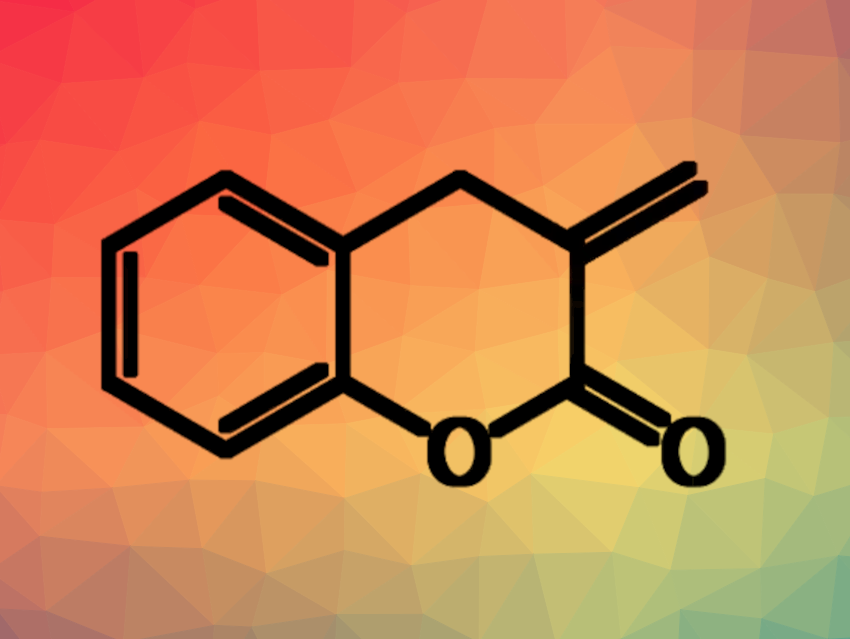The thioredoxin (Trx) system could be a promising target for the development of anticancer agents, mainly due to its important regulatory role in cellular redox processes that are crucial for normal cell function. There is evidence of the overexpression of thioredoxin reductase 1 (TrxR1) in cancers, particularly in aggressive tumors that are characterized by a poor prognosis for the patient. Some known TrxR1 inhibitors feature an α,β-unsaturated moiety that reacts with the enzyme, and these inhibitors are classified as Michael acceptors.

The team obtained derivatives of 3-methylenechroman-2-one that are more potent inhibitors of TrxR1 than currently known Michael acceptors. The activated exo-double bond was found to be important during the interaction with TrxR. They investigated the impact of various substituents on the cytotoxic activity and cell-death mechanisms in cancer cells to identify lead compounds. Overall, the researchers found that derivatives of 3-methylenechroman-2-one can be potent TrxR inhibitors, which could be useful for the development of new therapeutics for targeted cancer treatment.
- Design, Synthesis, and Bioactivity Evaluations of 3‐Methylenechroman‐2‐one Derivatives as Thioredoxin Reductase (TrxR) Inhibitors,
Anna Nikitjuka, Melita Ozola, Kristaps Krims‐Davis, Raivis Žalubovskis,
ChemMedChem 2023.
https://doi.org/10.1002/cmdc.202300504




